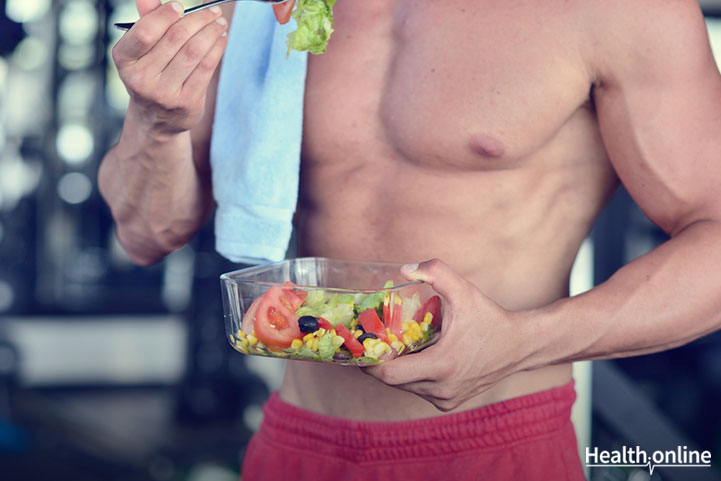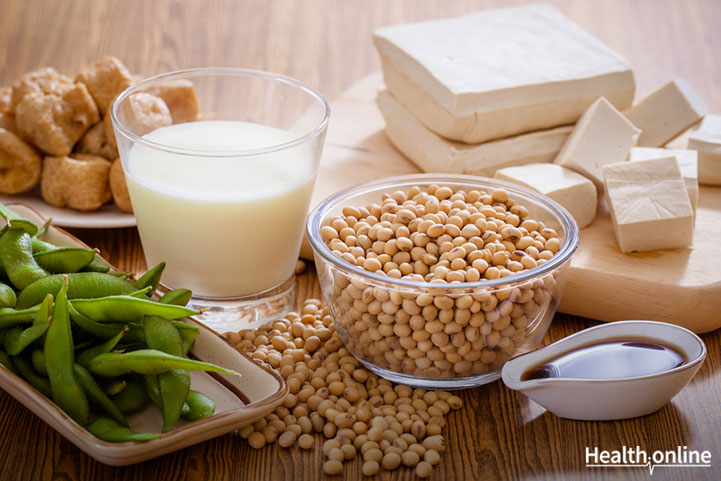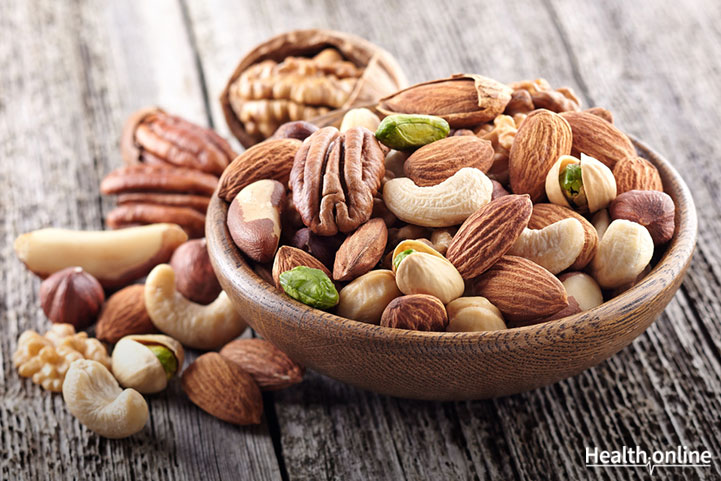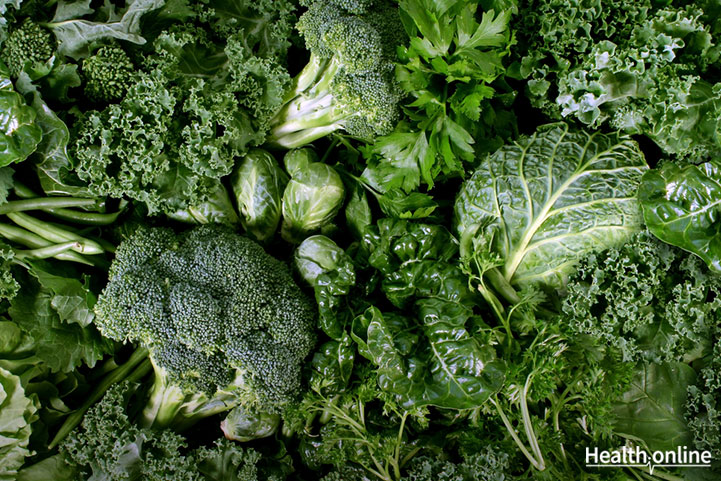
A Vegetarian’s Guide to Bulking Up Without Meat
Proteins are the building blocks of our body. Right from hair, skin, and nails to the DNA – all of these are comprised of protein. But the most noticeable part of our bodies, full of protein, are the muscles. Muscles contain a large amount of protein. So needless to say, if you want to build your muscles, you need to consume a lot of protein.
At the beginning of the twentieth century, animal proteins were considered superior. This explains why poultry, beef and other animal proteins were always a part of the diet of a body builder. Of course, this put vegetarians at a disadvantage. But things have changed. Studies have since demonstrated that you can bulk up your muscles without animal meat.
Whether you are an athlete or a bodybuilder, there are few things that you must know if you are a vegetarian, and are looking to boost your nutrition:
Know what type of vegetarian you are
Different types of vegetarians are classified based on what they eat:
- Vegans (No animal products of any kind are allowed).
- Lacto-vegetarians (If dairy is allowed).
- Pescatarians (If fish is allowed).
- Lacto-Ovo vegetarians (Dairy and eggs are allowed).
It is important to know this, because each type of vegetarian has their own set of constraints, and need to structure their diet differently. So the sources they can use for protein vary. For instance, Lacto-Ovo vegetarians get a good amount of proteins from eggs, whereas vegans cannot use eggs as a source of protein.
Choose your supplement based on your style of vegetarianism
Whey protein, commonly used by sportspersons, contains rennet that is derived from the gut of a calf. So if you are a vegetarian, this supplement is not suitable for you. One of the simplest ways to check if a particular protein supplement is suitable for you, or not, is to look for the symbol of kosher. Kosher food doesn’t have dairy or meat products. Some products have it on their labels, but most of them don’t bother to put them up front, so you might have to do a bit of research on the ingredients and check if it’s all ‘kosher’ for you!

Explore plant protein
Plant proteins can be effective supplements, although you need to consume them in larger quantities, as compared to the consumption of animal proteins, in order to meet the same protein requirements. Here are a few plant protein options that you can choose:
1) Liquid egg whites, egg protein and egg white protein
This is as effective as whey protein. It also contains other essential nutrients.
2) Soy protein
These are packed with protein, and don’t contain fat or cholesterol. This means that you can focus on your fitness goals of getting a six pack comfortably, without worrying about excess fat in the body. Some soy products are not purely vegetarian. You must read the labels and the constituents carefully before choosing your protein.
3) Pea protein
Peas contain easily digestible protein, free from cholesterol, and contain branched chain amino acids. They also add fiber to the diet.
4) Hemp protein
Hemp seeds contain a lot of omega-3 fatty acids, in addition to protein, iron, and magnesium. The fiber content of hemp seeds is another thing that we cannot miss.

Eat Healthy
Some vegetarians are under the misconception that their diets are healthy by default. But the truth is that vegetarians too load themselves with empty calories, that increase their waistline, and predisposes them to a host of cardiovascular diseases. They also tend to lose out on some essential nutrients, which compromises their fitness plans. If you are a vegan following a healthy fitness related diet, you must balance various aspects of nutrition, and ensure that you get all the nutrition in required amounts. You must have fruits, vegetables, proteins, fiber, minerals, vitamins, fats, and carbs. You can never build muscle by eating less. You can only build muscle by eating right.
Here are few vegetarian protein sources that work better with veggies:
- Beans and legumes
- Nuts and seeds
- Tempeh
- Tofu
- Soybeans
- Seitan
Here are the foods that you must take for building bulk;
- brown rice
- quinoa
- potatoes
- legumes
- beans
- lentils
- nuts
- seeds
- nut butters

Watch Out For Deficiencies
When you are a vegetarian, the chances of your missing out on essential micro nutrients are high. You need to track what you are eating. You must know what you are consuming, and what you are not consuming. This will offer you a suggestion of what deficiency you have. Remember that most of the shortcomings will manifest as symptoms that are subtle to pick up. For instance, if you feel early fatigue, you are probably deficient in iron.
Here are some common deficiencies and the foods to tackle them:
1) Iron
- Dark, leafy greens like spinach and Kale
- Dried peas
- Beans and lentils
- Artichokes
- Dried fruit: raisins, prunes, and black currents
2) Calcium
- Spinach
- Collard greens
- Kale
- Broccoli
- Almonds
3) Zinc
- Pumpkin seeds
- Sesame seeds
- Almonds and walnuts
- Fortified oatmeal or cereals
4) Vitamin B12
- Fortified foods are rich in this vitamin
Follow the aforementioned suggestions, and don’t let the lack of meat stop you from meeting your fitness goals!




